The Trouble with Lawyers (and Judges Too)
“Rich is strong, poor is weak, and the government works for whoever pays its salaries… We don’t pay these people [Florida law enforcement] much, but we pay them every week, and if they occasionally forget who really pays their salaries, we have ways of reminding them.” – Hunter S. Thompson (1983)
America is more complicated than you think. Nationally, there are 94 district courts and 13 circuit courts. The Supreme Court hears a limited number of cases every year, so the country is essentially divided into thirteen sectors. Each of these sectors, which Justice Brandeis called a “laboratory… [able to] try novel social and economic experiments,” may advance ideas in the form of regulations. Theoretically, if any sector conflicts on a fundamental matter, the Supreme Court will resolve differences; in reality, when the Supreme Court does intervene, it sets only a minimum level of compliance that still allows each sector—and each district within each sector—wide latitude.
When Americans say they are overlawyered, they are correct, but civil regulations from Washington, D.C. are generally not to blame.1 Local and state agencies, unable to print money or borrow indefinitely, prefer to pass and interpret laws favoring existing practices while giving minimal thrust to civil federal guidelines—unless federal politicians proffer substantial grants. If by luck or plan, state or local revenues exceed expectations, additional bandwidth is often co-opted by dominant interest groups. From a reductionist angle, the federal government bribes other governments so they don’t drift too far apart from one another and uses surveillance tools to monitor wayward activity.
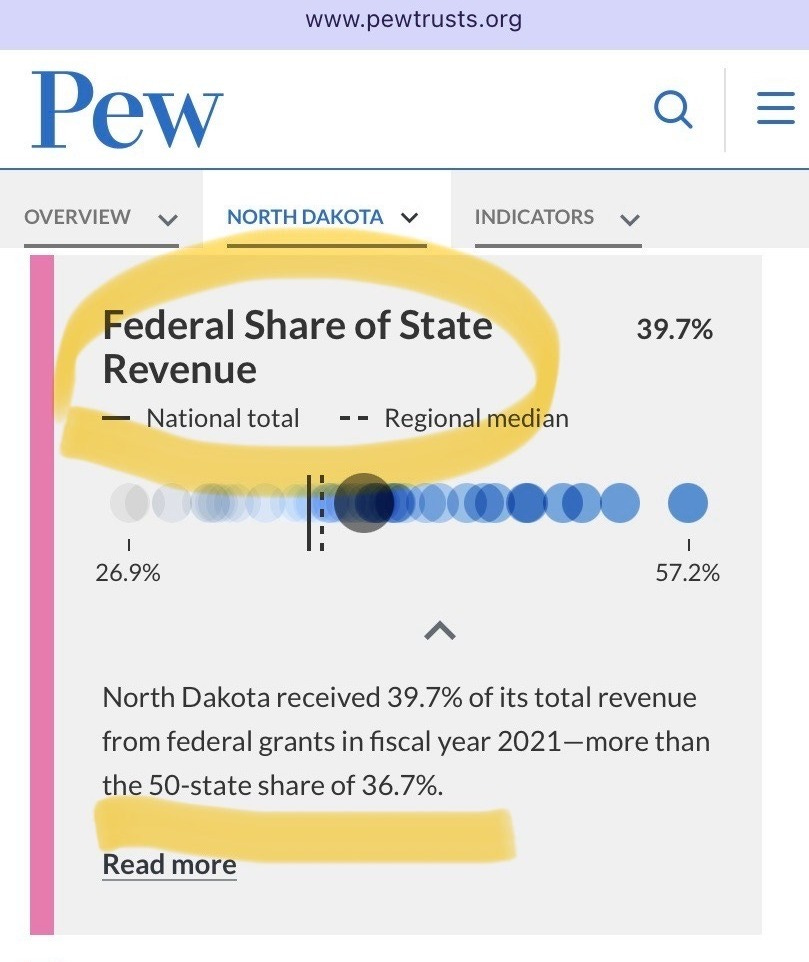 |
| North Dakota is a very conservative state. Yet, it is still dependent, like most states, on federal spending. |
With surveillance and digital manipulation becoming more accessible, federal efficacy has diminished—particularly when the executive is from the same party as a problematic but politically-important sector. Taking advantage of governmental gaps, several technology companies now exceed trillion dollar market capitalizations, and civilian agency influence is declining as lines between public and private actors blur. Today, ideological battles between the GOP and Democrats are less relevant than the scope of the private sector, which is increasingly subsidized by the public sector either indirectly through lax regulation or directly through grants and credits.
Such overwhelming complexity requires strong, intelligent political leaders. Lawyers focusing on values or partisanship instead of regulations are useless because they don’t articulate which sector’s approach better seeks a certain outcome. Ideally, the supervisor of each sector should, using law enforcement and surveillance data, compare different regulatory models and explain to voters why they favor one model over another and how they will improve a particular approach. Competent politicians would reduce or increase regulations, respond to audit results, bring enforcement actions against agencies, and de-incentivize overzealous law enforcement activity.2 After politicians advocate strategies, independent journalists would interject until eventually, more competent systems generate and re-generate. Tellingly, nowhere in VP Kamala Harris’s appearances has she articulated any particular regulatory or enforcement approach. When she has done so, her ideas appear to copy the opposition’s, whether on fracking or tax credits. Experts estimate her economic policies will incur an additional one to two trillion dollars, which might be less costly than Trump’s proposed expenditures.
“Let the debt flow as far and wide as possible” is not a winning campaign slogan, but it’s one all contenders appear to accept, and for good reason. One need only look at Libya and Lebanon to see which government job is really important in a country and what happens when central bankers do not get all the resources they need. At the same time, most people miss an important corollary to a solid banking sector: the ability to paper over problems until reasonable solutions are impossible. In a debt-soaked society, most people can be bought or can’t be bothered to fix issues until their jobs or families are threatened. A billionaire politician is exempt from such limitations, which threatens the Democratic Party’s use of lawyers to affirm competence. Modern historians are aware, more than most Americans, that unity can be projected by censoring and/or bankrupting your opposition through litigation. It worked in Singapore, but America isn’t a tiny nation-state constantly fighting for relevance, and no executive in recent years measures up to Lee Kuan Yew’s intelligence or Goh Chok Tong’s earnestness.
Despite similarities in spending, there are differences in approach between Democrats and Republicans. From the Democratic Party’s perspective, Donald Trump is a criminal even though he hasn’t exhausted avenues of legal recourse, and even though he has clearly been targeted. As I write, Special Counsel Jack Smith is doing his best impression of Les Misérables' Javert, and yet we are to believe it is Trump who is authoritarian, corrupt, and cruel, not the partisan legal establishment. It is worth noting Kamala Harris is a lawyer. Her sister is a lawyer. Her brother-in-law is a lawyer. What did Harris say when asked if Trump should be censored? That she didn’t want to engage in “some abstract law school debate.”
Chris Hayes: “You’ve had an exchange with Senator Warren about Twitter and Trump violating the Terms of Service, why does that matter? There is not a part of you civically, constitutionally that is concerned about the precedent of a private company taking a platform away from the president of the United States, or some other elected official?”
Kamala Harris: “Free speech does not condone or protect threats to safety of other human beings. That is what we are talking about, because this can go into some abstract law school debate.”
I am a California-licensed lawyer who voluntarily resigned from the Washington D.C. bar in protest of Trump v. Hawaii (2018). From my perspective, my education and integrity are worthless if I allow myself to be used by special interests to target individuals with whom I disagree. Lawyers have substantial power unchecked by anyone other than their own kind, and power requires an appreciation of restraint and nonconformism. It is clear California’s legal establishment, which includes Kamala Harris, disagrees.
Like Trump, I was accused of being threatening, and a Santa Clara County judge issued a restraining order against me. In my case, the targeting was also blatant. I had video proving my conduct was reasonable, but evidence doesn’t matter when Harris-style partisanship is involved.
Luckily, I had the time and ability to appeal, and my appellate decision became the first published case in California to make it harder for restraining orders to silence speech.3 Governor Gavin Newsom and the legislature responded with SB 428, which will effectively overturn my victory in January 2025 and make it easier once again to target non-conforming individuals. Currently, a restraining order may only be issued for workplace misconduct involving violence or the threat of violence. When SB 428 takes effect, the law will no longer require threats or violence for a restraining order.4 Merely feeling harassed, which the law defines in a circular manner, could be enough to silence an individual. Though another case after mine—won by a UCLA professor who teaches First Amendment law—may limit frivolous restraining order applications, using his approach requires a more complex path, one necessitating a specialized lawyer.
What have we learned? First, the Democratic legal establishment that created Kamala Harris uses the law to silence individuals whom they deem a threat to their power or narrative. Second, allegations of violence or threats of violence are sometimes canards, and if Democrats cared about balancing freedom of speech with the right to be free from violence, then Governor Newsom and California’s Democratic-majority legislature would not have removed legal language that required violence or threats of violence in order to corral an individual. Third, the partisan targeting we’ve seen is not based on reliable intelligence, credible assessments, or fairness. Perhaps Trump represents an ideological threat to the Democratic Party if he orders the DOJ, FBI, and GAO to investigate California’s spending and failed audits. But me? I’m nobody.5
Other than U.S. citizenship and possible Scottish ancestry, Trump and I have little in common. I’m not married. I have no debt. I own no real estate. I don’t play golf. I prefer brunettes, not blondes. Oh, and I’m a Muslim immigrant born in Iran. When the Democratic Party says it cares about diversity, don’t believe them. They care about protecting the Catholic Church’s political influence and property, and they use minorities as visual props to distract you from the fact that America’s founders specifically designed a republic to prevent a repeat of corruption in olden Europe. Still not convinced? I said I was nobody, but the Democratic “In Lawyers We Trust” Party doesn’t care even if you are somebody. The following scientific geniuses, all minorities, were charged under questionable circumstances: Wen Ho Lee (1999), Sherry Chen (2014), Xiaoxing Xi (2015), Anming Hu (2020), Charles Lieber (2020).6 Every single prosecution was done under a Democratic presidential administration.
Perhaps you think Kamala Harris’s political rise can be separated from statewide incompetence. I’m not so sure, because the problems I’ve seen—including but not limited to the failure to deliver a written decision to my correct address regarding an ethics complaint against a Northern District federal judge—indicate that governmental oversight has failed across the board. For example, the Department of Rehabilitation, which helps the disabled, wasn’t doing its job. On November 28, 2023, I informed supervisors of irregularities after dealing with multiple employees who churned my file and failed to provide meaningful services related to my hearing impairment.
The employees who churned my file closed my case after presumably logging hours claiming honest work. A complaint to a state investigative agency went nowhere. After I received a survey, I complained again, and nine months later, the DOR re-invited me to apply for services.
In the 2023-24 state fiscal budget, the DOR was allocated approximately 540,000,000 USD, a relatively small amount, but vital to American service providers assisting the disabled. I ended up paying out-of-pocket for my own hearing aid in Singapore, which liaises with Australian manufacturers.7
It costs a lot of money to maintain the illusion of competence when you care more about party loyalty than accountability, and at some point, even the most skilled Hollywood producer can’t make the show go on.8 According to Liz Farmer and the non-partisan Pew Centers, “California’s 2025 budget closes an eye-popping $46.8 billion budget deficit in large part by cutting or delaying spending… [while] about half of states are still planning on spending increases in 2025.”
If you think Democrats care more about healthcare or the disabled than Republicans, you may want to ask yourself if compassion that brooks incompetence is your preferred outcome.9
What does any of this have to do with Donald Trump? Put simply, the choice in this election is between a deeply flawed businessman willing to take on the status quo, and a lawyer okay with a staged existence as long as it produces outcomes beneficial to herself and her allies. Trump once said, “They're coming after you — and I’m just standing in their way.” I don’t know if he’s right, but everything about Kamala Harris seems concocted by expert propagandists.10 Before Trump and Vance resorted to ad hominem attacks, November 2024 was about persecution by a partisan legal mob that spent more time on one man than systemic governmental corruption. A Trump victory requires making the upcoming election not about personality, but about unnecessary rules and the courage to overcome them in pursuit of a system that rejects lawyers and judges who fail to understand their relevance requires independence and competence. I may be almost deaf, but if you think Harris is more willing than Trump to achieve institutional reform, then it’s the American voter who’s dumb and blind.
© Matthew Rafat (September 1, 2024, from Bangkok, Thailand)

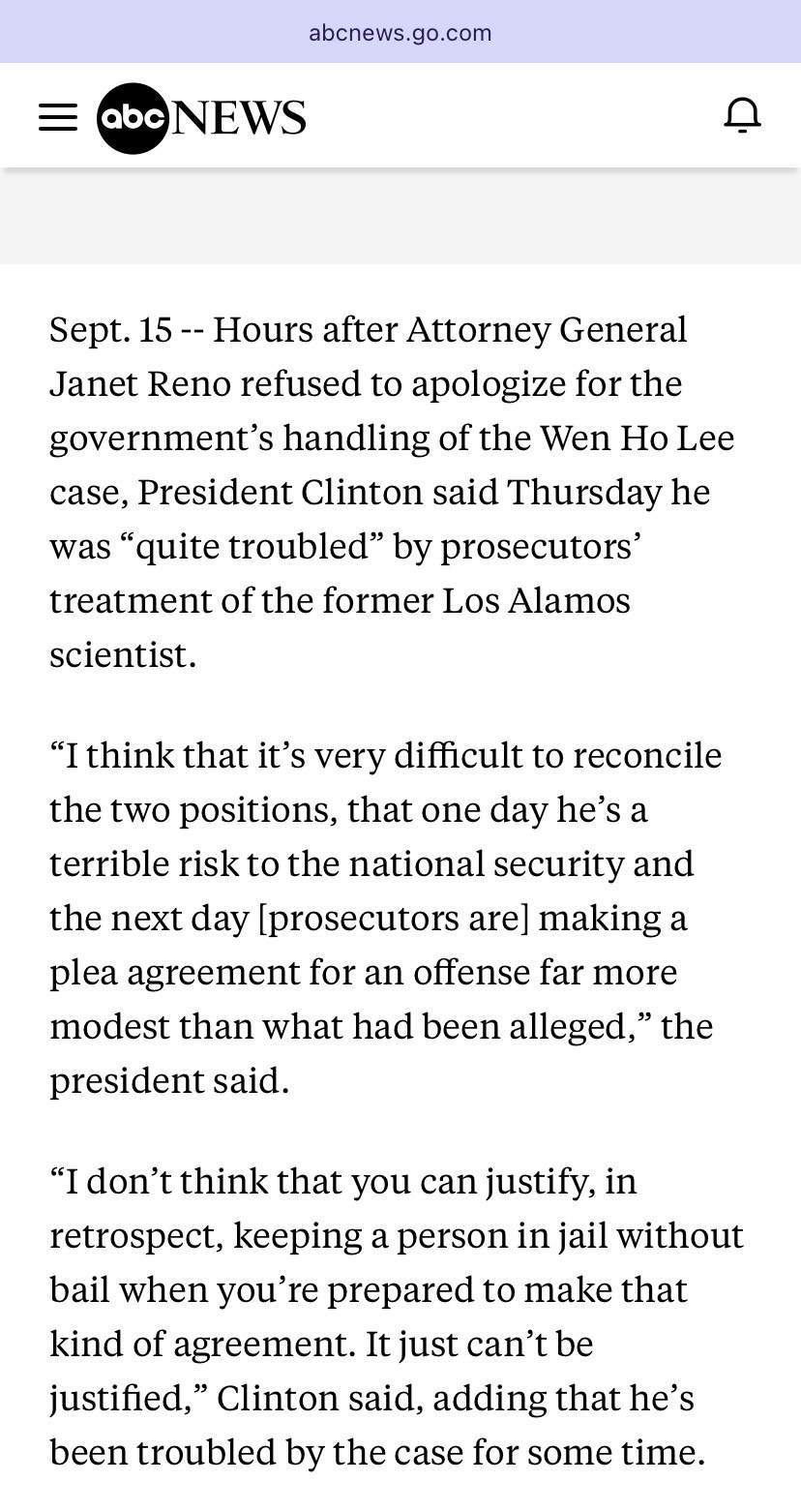
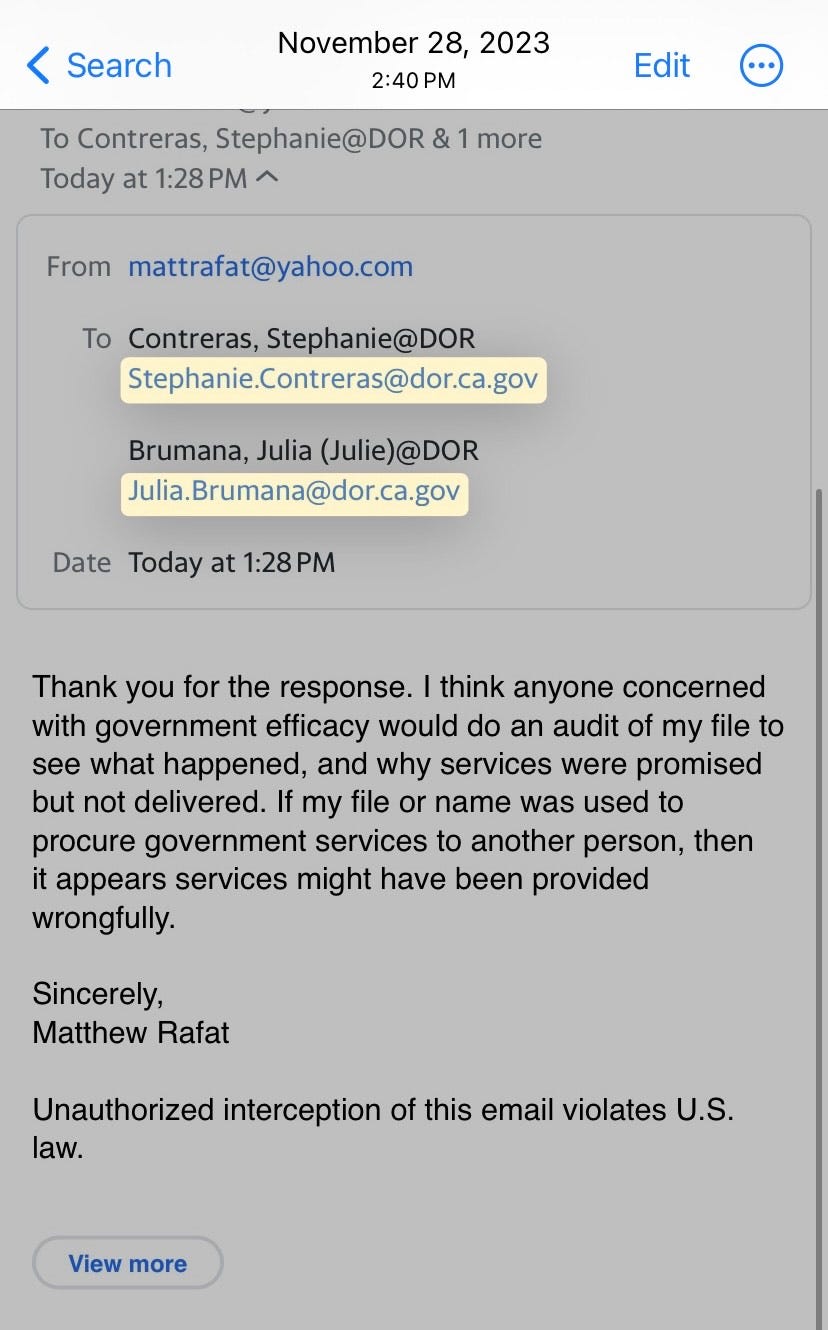
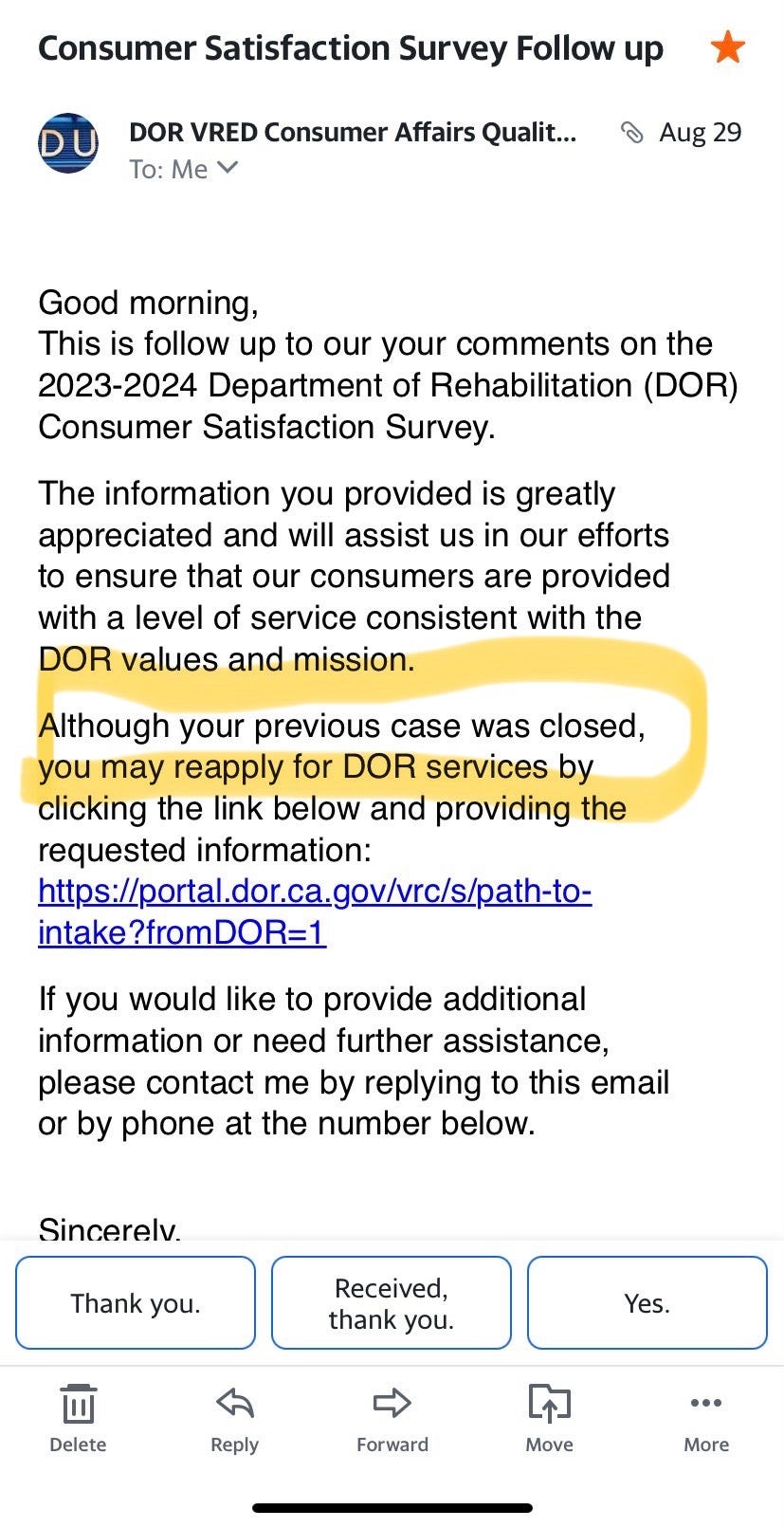
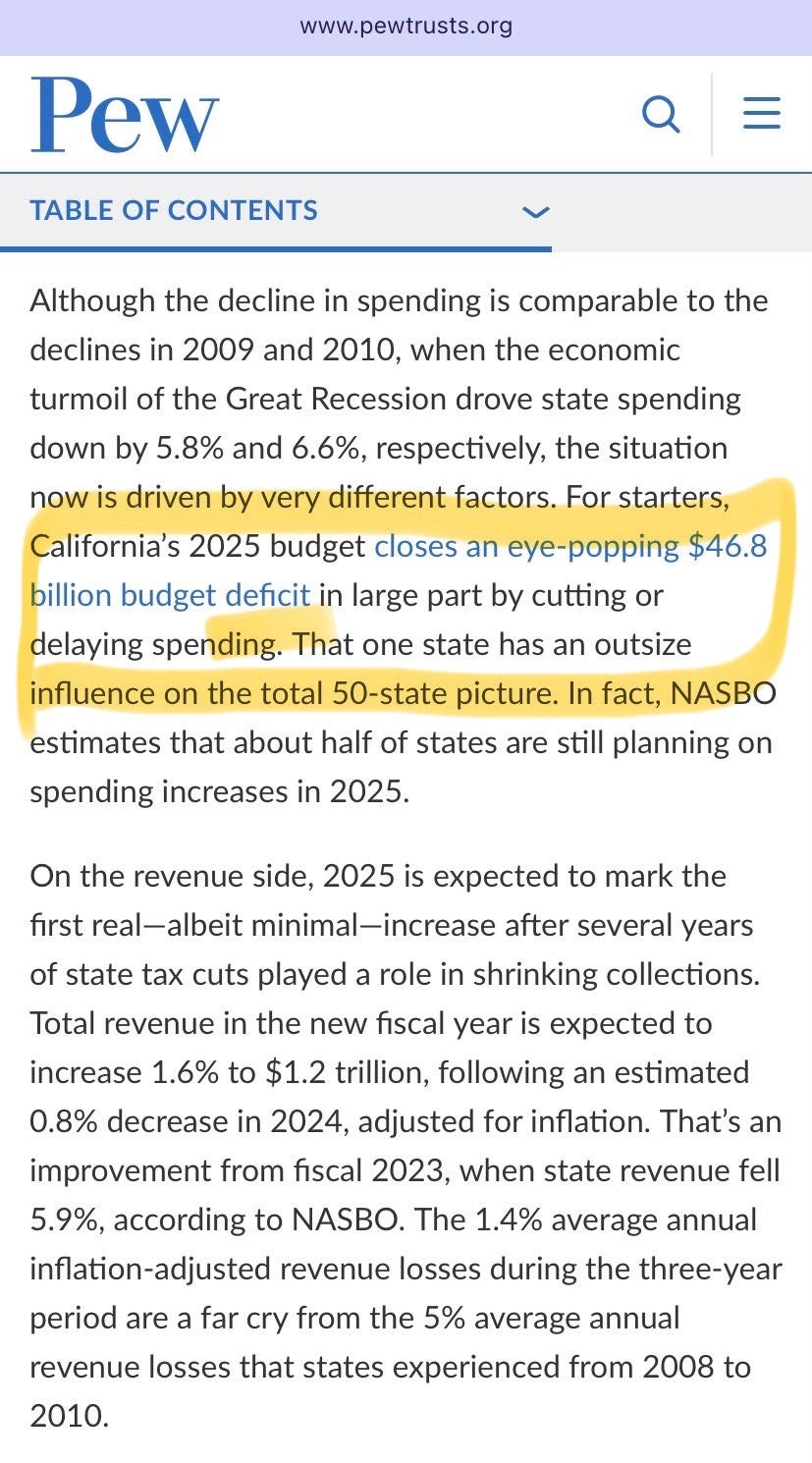


Comments
Post a Comment